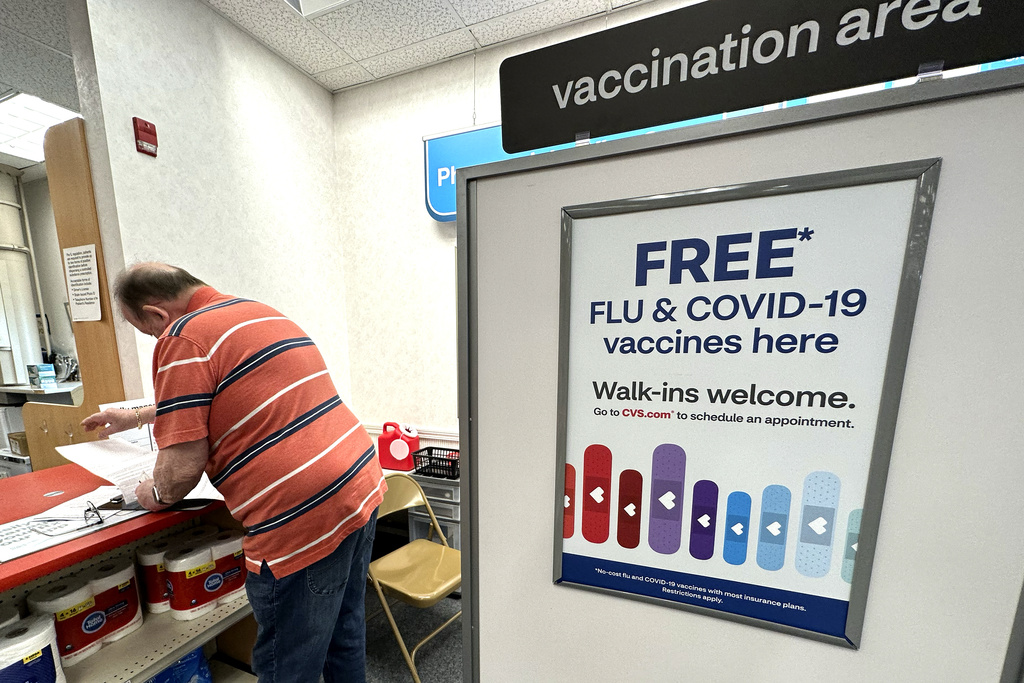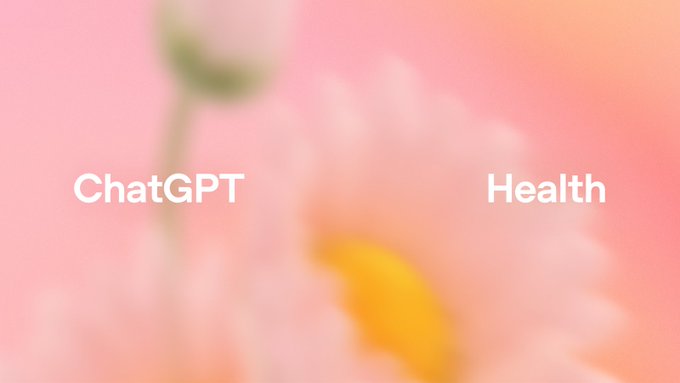A series of new surveys shows that where people get their coronavirus news says a lot about their attitude and understanding of the virus.
"Ninety-four percent of Americans who get their news from primarily conservative sources tend to believe that the president has done a good or excellent job at handling the crisis. But that's only true for 11% who have a mostly liberal news diet, and 36% of those who get their news from a more mixed set of media resources."
Newsy spoke to John Sands, director of learning and impact at the Knight Foundation, about a survey he ran with Gallup that discovered "enormous gaps" in COVID-19 perceptions between those with liberal and conservative news diets. For instance, 71% of Americans with conservative news diets said the media is giving too much attention to COVID-19, compared to 28% of those with liberal news diets.
These partisan splits also exist for perceptions on the origin and lethality of COVID-19. In an April Pew Research Center poll, about four in 10 conservative Republicans said they believed the uncredited claim that COVID-19 was created in a lab. Roughly two in 10 Democrats believed the same. The Knight Foundation/Gallup poll found 57% of people with conservative news diets thought COVID-19 was as deadly or less deadly than the seasonal flu, compared to roughly a quarter of those with liberal media diets.
Despite these findings, Sands said a person's news diet isn't necessarily the most meaningful predictor of how seriously they treat COVID-19.
"Folks have tended to lean on their partisan beliefs and believe the messages and messengers that mirror those partisan beliefs. So, for example, our survey finds that Republicans who have mixed news diets, and have therefore been exposed to competing narratives about COVID-19's deadliness, they still tend to identify more with and believe the narratives presented in conservative news outlets."
In fact, Sands noted that someone's level of education is a more likely indicator of their attitudes about the pandemic.
"American's with four-year college degrees are about half as likely as those without one to say that the coronavirus is no more deadly than the seasonal flu . And this holds true across partisan lines, which to me suggests that there's a need to better understand the confluence of education, media literacy and news consumption."











